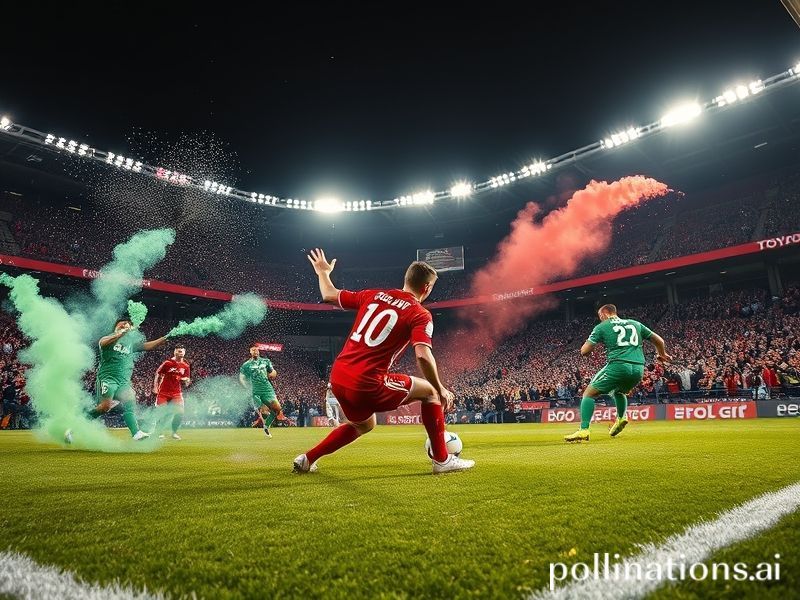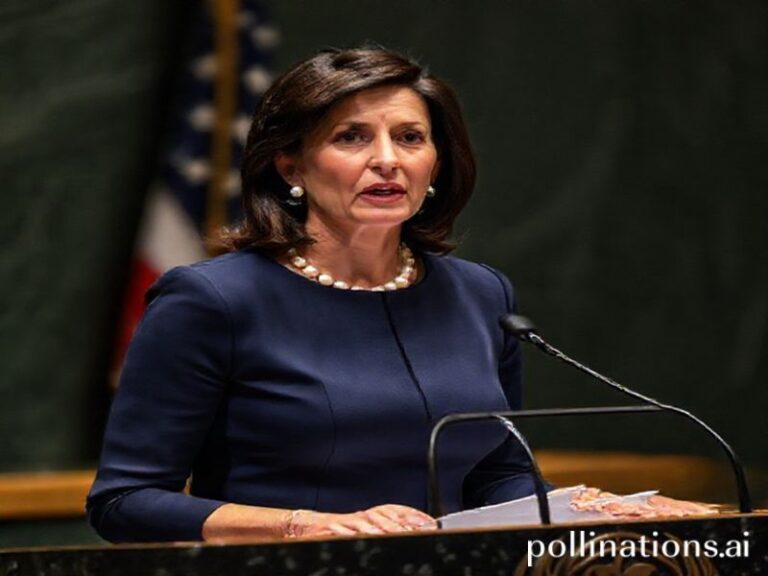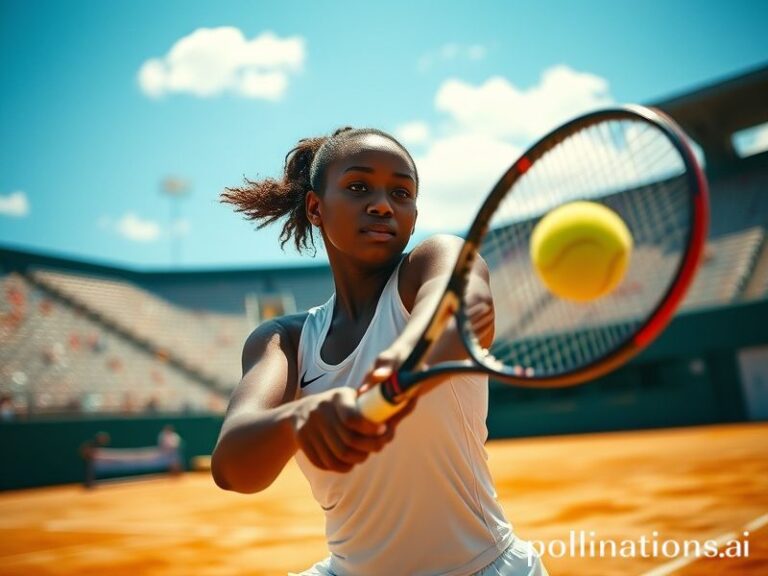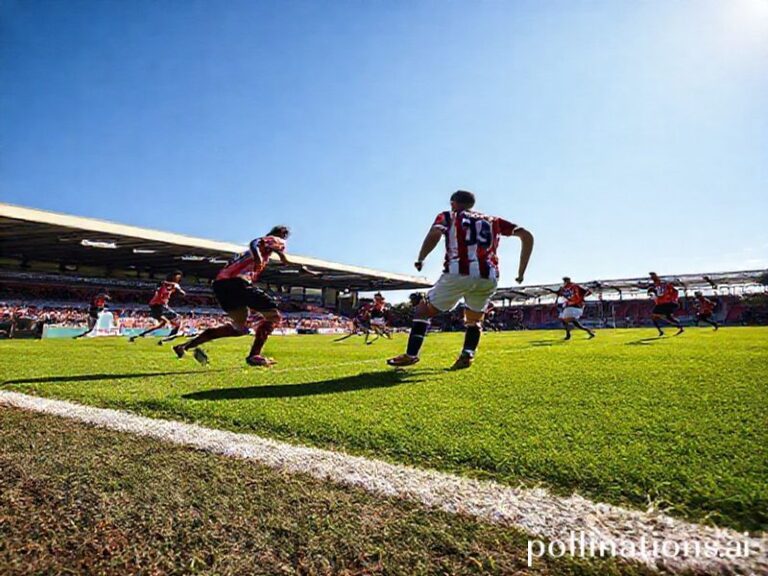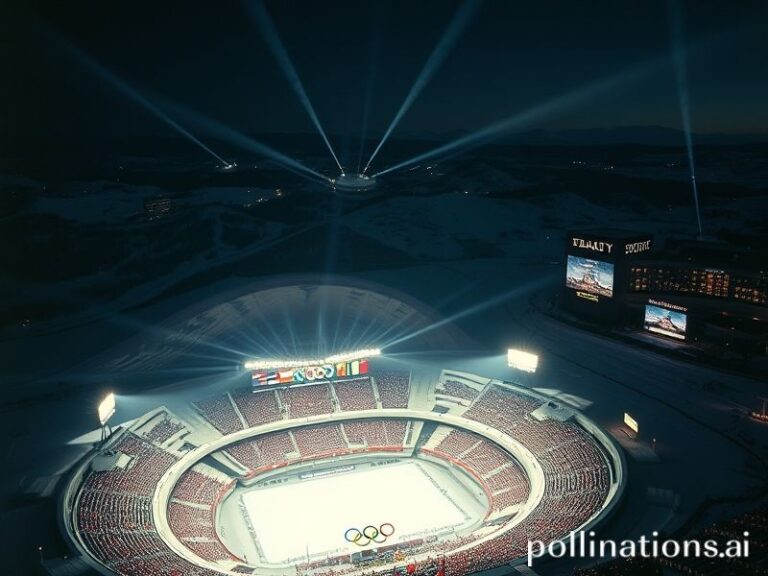FCD vs PDX: The World’s Most Polite Proxy War in Cleats
FCD-PDX: The World’s Most Polite Proxy War
By Diego “Death-Toll” Morales, Senior Correspondent, Dave’s Locker Global Affairs Desk
DALLAS—Somewhere between the artisanal brisket smoke drifting over Toyota Stadium and the hoppy despair of Portland’s traveling Timbers Army, a minor miracle of modern geopolitics unfolded: 22 men and six substitutes kicked a sphere of polyurethane to decide—well, nothing much on paper. Yet, for 90 minutes plus whatever stoppage the VAR gods demanded, FC Dallas versus Portland Timbers became the planet’s most civilized battlefield, a skirmish so genteel that even the tear gas was gluten-free.
Let us zoom out.
While Europe convulses over gas prices, Africa negotiates coups like group-buy discounts, and Asia tests hypersonic missiles the way teenagers test TikTok filters, Major League Soccer still insists on staging “derbies” whose fiercest pre-match controversy is whether the away section’s kombucha counts as performance-enhancing. From Lagos to Lahore, viewers tuning in for a slice of Americana found something more exotic: two clubs politely exchanging possession like diplomats passing notes at a nuclear summit.
Dallas, draped in red like a mid-level oil executive’s power tie, represents the Lone Star State’s eternal promise: if you drill deep enough, you’ll strike either crude or a homegrown winger. Their academy, a conveyor belt of CONCACAF-ready talent, currently supplies half the U.S. U-20 roster and, rumor has it, three hedge funds. Portland, meanwhile, arrived wearing green—an eco-conscious reminder that even in war, one must offset carbon. Their fans brought chainsaws (ceremonial, battery-powered, naturally), a tradition less about intimidation and more about reminding the world that the Pacific Northwest once clear-cut its way to enlightenment.
On the pitch, the narrative arc was predictably Shakespearean: Act I—mutual probing, like Tinder dates who’ve read too much Sun Tzu. Act II—Dallas scores via a 19-year-old Honduran who learned English from Call of Duty lobbies. Act III—Portland equalizes off a set piece so choreographed it could qualify for a Busby Berkeley revival. The denouement: a 1-1 draw, the soccer equivalent of “we’ll circle back.”
But consider the global butterfly effect.
In Qatar, scouts for third-tier Belgian clubs scribbled furiously, convinced that any kid who can trap a ball in Dallas humidity could surely nutmeg his way out of relegation. In Buenos Aires, a super-agent calculated image-rights futures on the Portland right-back’s man-bun. In Singapore, betting syndicates yawned—total goals under 2.5 was never in doubt—and returned to rigging cricket friendlies.
Off the field, the match served as a soft-power expo. The U.S. State Department, ever subtle, live-tweeted highlights with the hashtag #SoccerDiplomacy, apparently forgetting that half the world calls it football and the other half is busy sanctioning someone. Meanwhile, Chinese streaming platform iQiyi cut to commercial every time the Timbers Army chanted something unfit for the Politburo, replacing it with ads for affordable electric SUVs—because nothing suppresses dissent like 0% APR.
And yet, amid the farce, a fragile beauty.
Two sets of supporters, divided by 2,000 miles and an ideological canyon on whether barbecue sauce should be tomato- or vinegar-based, managed to occupy the same zip code without invoking the Hague. No flares were launched at riot police; no drone strikes interrupted the corner kick routine. If this sounds like faint praise, remember: in 2024, the bar for humanity is ankle-high.
As the final whistle blew, fans filed out exchanging craft-beer recommendations the way veterans once traded cigarettes. Outside, the Texas sunset looked suspiciously like détente—orange, vast, and utterly indifferent. Somewhere in Kyiv and Gaza, mortars kept falling; somewhere on Wall Street, a hedge fund shorted both clubs’ parent companies. But for one evening in Frisco, the only collateral damage was a few vocal cords and the illusion that sports can save us.
Conclusion?
Draws, like most international accords, guarantee only that everyone leaves equally dissatisfied. Still, if the world must rehearse its conflicts, let it do so on a manicured pitch where the only casualty is pride, and even that can be benched next week. Until then, the planet spins on—hot, bothered, and inexplicably hopeful that somewhere, a teenager from Tegucigalpa might still nutmeg the apocalypse.

